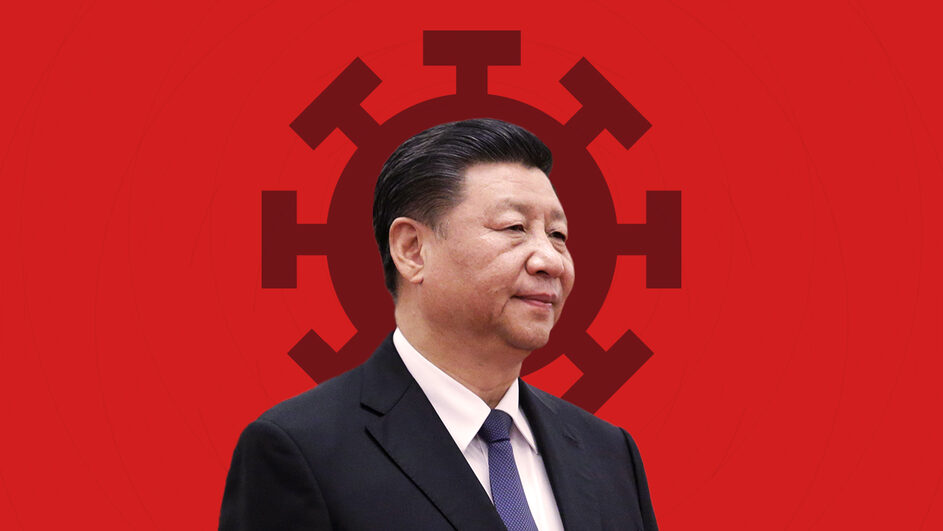
Until recently, China’s recipe for keeping the covid-19 virus in check has been described as a success but now the concern is that the zero-infection strategy risks locking China in the pandemic while other countries move on, TV2’s Danish correspondent Christina Boutrup says from Shanghai.
Initially, she and her family were told they had to be in lockdown for five days. But more than five weeks later, they are still there.
“The price for sticking to the strategy has become really high now,” Christina Boutrup says.
TV2 writes that China is insisting that the number of covid-19 infections has to be zero for both practical and political reasons. The official explanation is that a wave of covid-19 infections will put pressure on China’s health system. That reasoning is real enough says both Christina Boutrup and Casper Wichmann, who is a sinologist and daily manager of the China think tank ThinkChina.dk at the University of Copenhagen.
“If the infection spreads there will in some places be a risk that the system will not be able to cope with it,” Casper Wichmann says. He adds that China has also only vaccinated with the country’s self-produced covid-19 vaccines, Sinopharm and Sinovac, which are based on an older technology than the mRNA vaccines many other countries have used. And although the Chinese vaccines have a protective effect, it is probably not as great as other vaccines.
“The vaccines have become a prestigious project for China. The fact that the EU has not approved the Chinese vaccines has just made it even more important for China to roll them out itself,” Casper Wichmann says.
On top of that, some of the country’s most vulnerable are poorly protected, and among Chinese over the age of 80, only about half have received two doses of vaccine. The explanation for this may be China’s – until recently – quite successful strategy, Christina Boutrup says.
“There has been such an extremely low risk of becoming infected that the risk of side effects has weighed heavier. I have talked to several elderly people whose doctors have advised them not to be vaccinated because, for example, they had high blood pressure or diabetes,” she says.
But as the more contagious Omikron variant has gained ground, infection rates in China have risen. On 9 February, 46 new cases were detected, while on 16 April there were more than 25,000 new infections in China.
In addition to the human and health costs, Casper Wichmann estimates that it will be a political disaster if China is hit hard by the infection.
“That would look bad for the Communist Party and the president, Xi Jinping. It actually already looks bad,” he says.
The attempt to avoid a covid-19 crisis has created rings in the water as citizens in Shanghai have been locked inside their homes for weeks, parents and children have been separated in quarantine centers, and sick people have been denied access to the hospital without a fresh covid-19 test, Christina Boutrup says.
“Although there are also proponents of the ‘zero covid’ strategy, others are beginning to ask themselves whether this is the price of communism. And if it is too high,” Casper Wichmann says and adds that Xi Jinping has painted himself into a corner with this strategy and if he changes it, it will be a huge loss of face.
